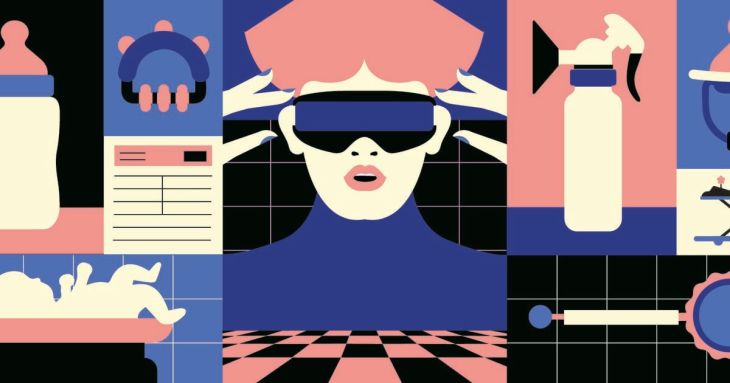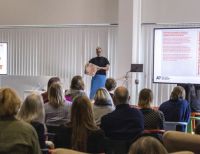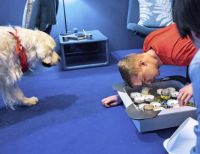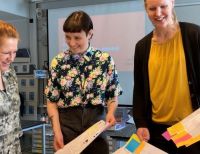Heydays and hospitality
Maternity and child health clinics started operating in Finland as early as 1922. Guided by cultural homogeneity, the clinics started to disseminate information that was previously passed on by the wise older women of the family. Added motivation for launching the activities was concern over child and maternal mortality. The clinics brought a clear improvement in the matter as the mortality rates are now among the lowest in the world.
In Finland, 1–7 maternal deaths occur annually. The infant mortality rate was 1.8 out of a thousand children born alive in 2020. The deaths of 1–14-year-olds have also become increasingly rare. In 2020, 58 children died in Finland, marking the lowest number in recorded history.
Doctoral student in computer science, doula entrepreneur and childbirth educator Marjaana Siivola says that maternity and child health clinics experienced a kind of heyday at the turn of the millennium.
‘The clinics offered face-to-face encounters, presence, familiar nurses and birth preparation classes that were based on peer support.’
After the high point, both clinic and childbirth services started to be centralised. Nowadays, the number of public health nurses and physicians at the clinics often falls short of the recommendations.
If there was still doubt before the COVID-19 pandemic that birth preparation classes could not be arranged online, the mindset has now changed. A webinar arranged during the COVID period could attract up to a thousand participants.
Marjaana Siivola and Professor of New Media design and learning Teemu Leinonen together with their colleagues have studied birth preparation classes arranged as so-called flipped classrooms.
‘The participants are welcome to explore the materials independently. They can watch videos online, read, take a tour in the delivery, section and family rooms through virtual 360° images, play a childbirth game or watch birth videos through virtual glasses. Virtual events provide peer support and answers to puzzling questions, and they also allow you to learn from other participants’ questions,’ Marjaana Siivola lists.














